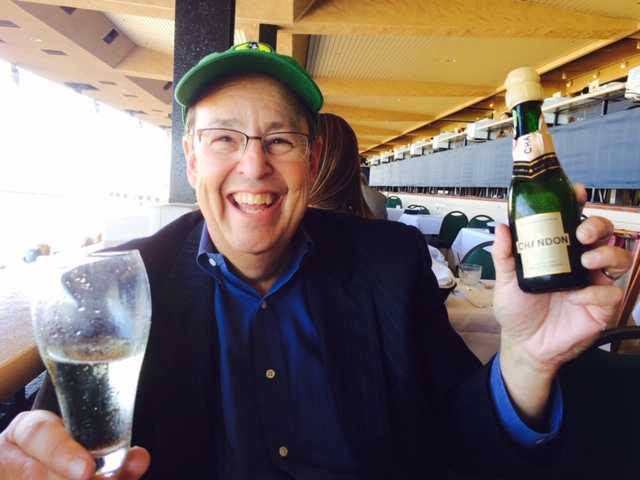Judy (Renee Zellweger, Finn Wittrock, Rufus Sewell, Michael Gambon, Jessie Buckley) – Judy Garland was nominated for an Academy Award for Judgment at Nuremburg (1962) and A Star is Born (1955) while also winning a special “Juvenile Award” Oscar in 1940 for The Wizard of Oz. She starred in Easter Parade with Fred Astaire; Ziegfeld Girls with Jimmy Stewart; Meet Me in St. Louis; For Me and My Gal with George Murphy and Gene Kelly; A Star is Born with James Mason (with whom she had an affair and who gave a lovely eulogy at her funeral); and starred in several films with Mickey Rooney. She appeared on virtually every television variety show in the 1950s and ‘60s not to mention her own variety show in 1963. She also performed on stage and TV with her supremely talented daughter, Liza Mannelli. She was married five times and had several flings/affairs (according to imdb) with Tyrone Power, Yul Brynner, Frank Sinatra, and James Mason. She was a woman looking for love in all places.
I tell you all this because you would never know it from watching the film Judy. Instead, the movie dives deeply into the last period of her life with the occasional flashback to the period in the late 1930s when she was hand-picked by Louis B. Mayer to star in The Wizard of Oz.
For most of her adult life, Judy (born Frances Ethel Gumm) was a drunk, a pill-popper, a chronically tardy, promiscuous, self-destructive lush, much of which is displayed on screen in a script that places the blame of all of it on the way she was handled by Mayer, the studio system, and neglective parents. As portrayed in the film, she was a devoted mother who had squandered a fortune and was forced to leave her two youngest children (Joey and Lorna Luft, who became an actress herself) with one of her estranged husbands, Sid Luft (Rufus Sewell).
When Judy burned all of her bridges in the U.S. and was left homeless and in debt, she reluctantly went to London, where she was still beloved, and performed in sold-out concerts. Often unable or unwilling to perform, she was nonetheless revered. She hooked up with her last husband, disc jockey Mickey Deans (Finn Wittrock), who tried to resurrect her career in the states to no avail. She died of an overdose of barbiturates while performing in London in 1969.
The movie almost all takes place in this last period. As a result, it is a very dark portrait of a very sad person who looks 20 years older than she is, beaten down by life and no longer happy even when she does the one thing she loves, perform.
Renee Zellweger is fantastic as this latter-day Judy. She has the mannerisms and the voice down pat. She plays this tortured soul both sympathetic and pathetic. It is quite a performance. Only occasionally can you hear or see the Renee we have come so well to know. She almost never breaks character, a tribute to her acting skills. Plus, she sings all of the songs herself. And while she is not Judy Garland, she IS Judy Garland. It’s a bravura, Oscar-worthy performance.
Nonetheless, she can’t save the film. I asked my 40-year-old son, who was born 10 years after Garland’s death, what he knew about Judy Garland. He impressed me, knowing not only that she starred in The Wizard of Oz, of course, but that she had degenerated into a drug addict and alcoholic and died from an overdose. He nailed the movie on the head. It’s a little about the filming of Oz and a lot about her descent into darkness.
If you intended to see it for a broad look into the life of a cinematic and musical icon, you will be disappointed. If you want to see a great performance and see how Judy Garland died, this is a film for you.

